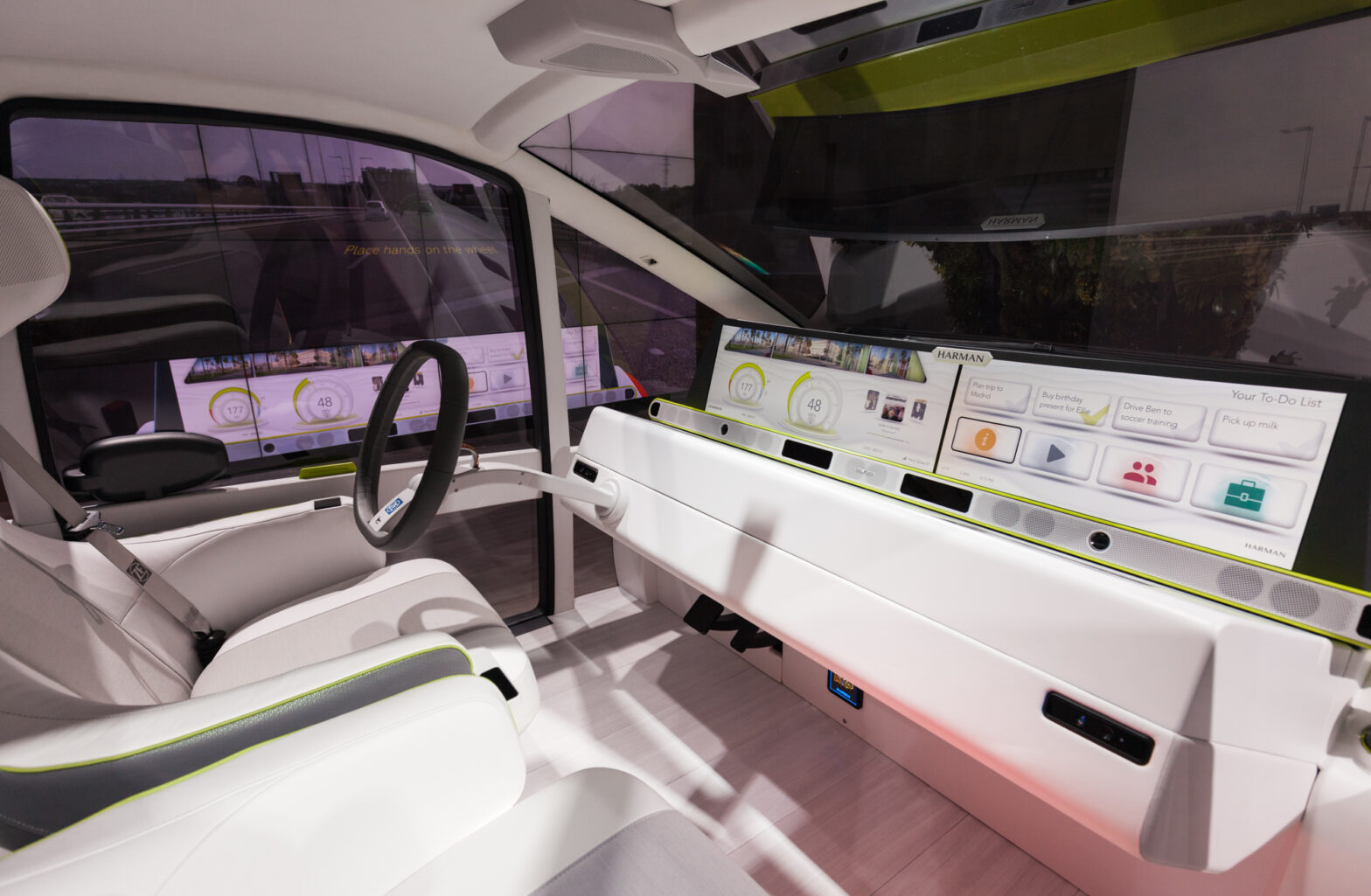Cars connect people with places; taking us to work, to meet friends and family but now the automotive industry is working to connect vehicles with each other and a network of utilities via the Internet of Things (IoT).
The benefits of devices collecting data to make our lives better is already capturing the imagination of consumers; intelligent fridges automatically ordering food when you run low or your heating system automatically coming on because the forecast predicts cold weather. But if we look at what the IoT could do in the car, then the benefits multiply exponentially.
The car is a great ‘data centre’ with the potential to collect and share information from a huge range of sources but this idea isn’t new. In fact, the concept of connected cars has been around for some time, building momentum in recent years with smart phones providing a method (although tethered), of bringing data into the car. Soon though, your car will manage this all by itself through a safe interface that drivers and passengers can use intuitively.
>See also: ‘IoT the top priority in driving digital transformation’
Car makers have also recognised this and can see the advantages; need to do a service, recall or update? Not such an issue with a connected car as upgrades can be sent wirelessly. Maybe you want to try a new feature in the car? IoT will enable you to have functions and features enabled remotely. Just download or pay for an upgrade such as new surround sound feature and you can be enjoying it in minutes.
Recognising our desire for bespoke features, your car will become very personal. It will know which coffee shop you prefer to get your morning drink from and take you there, arrange payment and collect the reward points. It will also remember you didn’t enjoy a particular hotel last time you visited the city and it will seamlessly avoid directing you there when you ask it to find you a room for the night.
A car collecting data will be a huge source of information for business. It will know where you shop, work, when you drive and even what you do on your weekends off. This means with IoT, car manufacturers will become much closer to their customers. No longer will the relationship just be rekindled when you go into the dealer for a service or a problem. It will become 24/7.
Car makers will know more about you than ever before, predicting your needs before you realise in some cases. With a huge stream of data about the car being generated (up to 25GB an hour), they’ll also be able to understand how your car is performing or how the car’s functions are being used. IoT will enable that data to be collected and shared easily and on a meaningful scale to improve performance.
>See also: IoT and Government: how new tech is driving economic development
Every day, more cars with IoT capability are added to the fleet. In April 2018, all cars made in the European Union will be required to carry a built-in eCall emergency system, while according to BI Intelligence, by 2021 there will be 380 million connected cars on the road. IoT is happening now.
With all this data being shared, it’s important that car makers ensure consumers are protected. Cyber security and data protection will be paramount to reassure customers that their data is safe but equally is being shared with approve relevant parties.
Only with robust cyber security and protection will consumers truly embrace the possibilities of IoT in the car. But once they do, expect the IoT-enabled car to be a powerful, productive and attractive device to both drive and own.
Sourced by Andrew Till, vice president, Technology, Partnerships & New Solutions and head of LITEHOUSE Design Agency – Harman Connected Services







